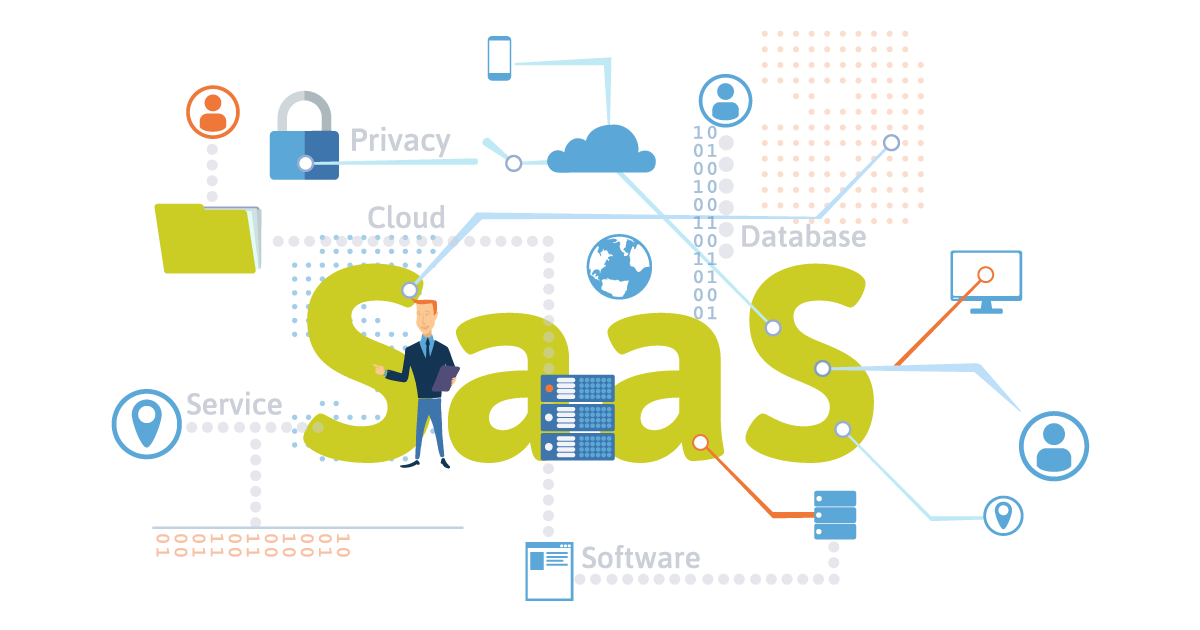Predicting future inventions is challenging, but advancements in technology and scientific research provide some insights into potential future inventions. Here are some areas where we might see significant innovations in the coming years:
- Artificial Intelligence and Machine Learning: Continued progress in AI and machine learning could lead to inventions such as more advanced personal assistants, autonomous vehicles, and improved medical diagnostics.
- Quantum Computing: Quantum computers have the potential to revolutionize computing power, which could have profound implications for cryptography, scientific simulations, and data analysis.
- Space Exploration: Advancements in space technology may lead to inventions like reusable rockets, asteroid mining, and even human colonization of other planets.
- Clean Energy: Innovations in clean energy sources, such as advanced solar panels, energy storage solutions, and fusion reactors, could help address climate change and reduce dependence on fossil fuels.
- Biotechnology: Developments in biotechnology may lead to inventions like personalized medicine, gene editing therapies, and enhanced agricultural practices.
- Virtual and Augmented Reality: VR and AR technologies could become more integrated into daily life, influencing fields like gaming, education, healthcare, and design.
- Nanotechnology: Advancements in nanotechnology might result in breakthroughs in materials science, manufacturing, and healthcare, such as nanoscale drug delivery systems and ultra-strong materials.
- Healthcare Innovations: Future healthcare inventions could include better disease detection, telemedicine advancements, organ printing, and improved prosthetics.
- Environmental Technologies: Innovations to address environmental challenges may include air and water purification technologies, efficient waste recycling, and sustainable construction materials.
- Transportation: Future transportation inventions might encompass hyperloop systems, electric vertical takeoff and landing (eVTOL) vehicles, and more eco-friendly modes of travel.
- 3D Printing: The continued development of 3D printing could result in customized products, affordable housing solutions, and advanced manufacturing processes.
- Smart Cities: The concept of smart cities could lead to inventions like improved traffic management systems, energy-efficient infrastructure, and enhanced urban planning.
- Neurotechnology: Brain-computer interfaces and neurostimulation devices may become more advanced, potentially helping people with disabilities and enhancing cognitive abilities.
- Cybersecurity Innovations: As technology evolves, so do cyber threats. Future inventions may include improved cybersecurity tools and techniques to protect digital assets.
- Environmental Conservation: Innovations for preserving ecosystems and biodiversity may involve technologies for tracking and protecting endangered species, as well as more sustainable agricultural practices.
- Educational Technologies: Innovations in education may include personalized learning platforms, virtual classrooms, and new tools for skills development.
- Robotics: Advancements in robotics could lead to more capable and versatile robots used in industries like healthcare, manufacturing, and agriculture.
- Wearable Technologies: Wearable devices may evolve to provide more detailed health monitoring, augmented reality experiences, and improved communication capabilities.
- Space Tourism: The advent of space tourism could lead to inventions for private space travel, accommodations in space, and lunar or orbital tourism experiences.
- Biodegradable Plastics: In response to environmental concerns, biodegradable plastics that don’t harm the planet may become more widespread.
Read More : Unveiling the Future: In-Depth Home Automation System Reviews





More Stories
The LinkedIn Marketing Agency Specializing in ABM
Top US Research Institutions Advancing AI Technology
Simplifying Online Car Selling for Seniors in Lake Forest CA